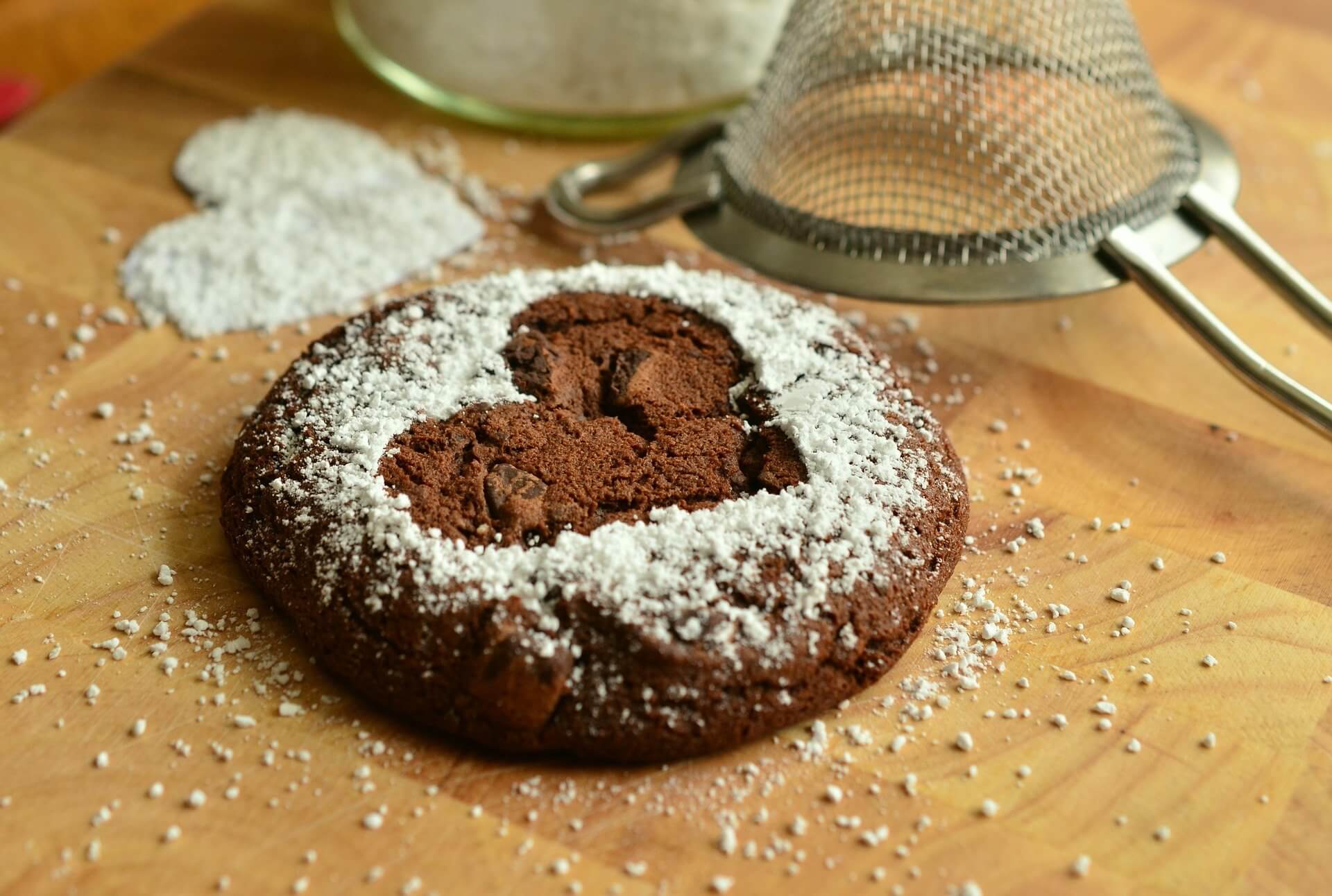Sugar Alternatives for Diabetics
Keeping a low blood sugar content while meeting your sugar cravings is challenging for a diabetic. The invention of artificial sweeteners was supposed to be the greatest breakthrough for diabetic patients as they could have all the sugar they wanted.
However, in recent studies, evidence showed that persistent intake of artificial sweeteners can be harmful. An amplified consumption of sweeteners can actually be associated with diabetes and obesity.
Luckily, there are plenty of other sugar derivatives that can act as substitutes without damaging an individual’s body. Most of these products are natural and are far better than the ones labeled as sugar-free in your local stores.
Sugar Alternatives for Diabetics
There is a weird phenomenon where most diabetic people experience an increased yearning for sugar after they have been diagnosed. This desire can now be satisfied with a variety of sugar alternatives that are more beneficial than artificial sweeteners.
Keeping that in mind, it is always crucial to keep monitoring your sugar levels regardless of which alternative you choose to replace the sugar in your diet.
Monk Fruit Extracts as a Sweeteners
The name of this fruit already tells us its story. More commonly found in Southeast Asia, the monk fruit is a green gourd that bears a resemblance to melons and was used by many Buddhist Monks during the 13th Century.
This extract is approximately 200 times sweeter than sugar and contains no carbohydrates, fats, sodium, or calories. Thus, it is a very popular choice as a sugar alternative. It doesn’t have any negative effects to date and doesn’t increase blood sugar levels.
The sweetener is made by mixing the fruit extract with dextrose and other ingredients to get some of the best monk fruit sweeteners that are now commercially available.
Stevia as a Sweetener
Belonging to the Asteraceae herb family, stevia is a sweetener obtained from the stevia plant and is said to be at least 300 times sweeter than sugar. Stevia has been used for a very long time as a natural sweetener, though there are now some concerns about the safety of using it.
The FDA has issued some literature stating that stevia if used in its pure form, can disturb the blood sugar levels and affect the cardiovascular, renal, and reproductive systems in the body. Therefore they advise the use of stevia products such as refined stevia Reb-A extract present in GRAS.
If you’re watching your weight, you can use stevia as an alternative to sugar as it has no calories or carbs. In general, stevia does not raise blood sugar levels, so it is a good option for a diabetic person. They can be found in either powder, liquid, or granule forms so you have a variety to choose from.
Tagatose as a Sweetener
Tagatose is an alternative to sugar that has the potential to act as an antidiabetic and anti-obesity agent. It can hinder the absorption of carbohydrates and can reduce blood sugar levels and thus, the insulin response.
Tagatose is still being studied by many researchers as an auspicious drug and alternative to sugar for diabetic people. It does not have any known adverse effects on the body.
Coconut Sugar as a Sweetener
Commonly known as coconut palm sugar, coconut sugar is derived from the sweet sugary sap of the coconut palm tree and is not the same as palm sugar. Rather, it is a different kind of sugar that is naturally obtained through a two-step process which includes cutting the flower of the coconut palm to obtain the sap then heating it to evaporate all the water.
Unlike your normal table sugar, coconut sugar contains many essential nutrients and minerals such as zinc, potassium, calcium, iron, antioxidants, and polyphenols which are said to be present in the coconut itself. Though coconut sugar may be high in calories, it has a lower glycemic index than regular table sugar.
Date Sugar as a Sweetener
If there was a dynamo of sweeteners then it would be date sugar. The sugar present in dates can be used in many ways to replace white sugar and it adds a unique caramel-like to the sweetness. You can use date sugar to replace sugar in almost anything.
Date sugar can be made using dehydrated dates that are converted to a more granule-like uniformity. However, the fiber present in the date can make it difficult to dissolve in hot liquid or baking products.
Sugar Alcohols as a Sweetener
Sugar alcohols are a type of dietary fiber that are hybrids of sugar and alcohol molecules. That being said, it does not contain any ethanol and is simply a form of sweet carbohydrate. This can be obtained from fruits or artificially derived from glucose present in cornstarch.
The most commonly used sugar alcohols are Xylitol and Erythritol which are found in a famous blend known as Truvia. Sugar Alcohol does contain some calories unlike the other alternatives, the amount, however, is less than normal sugar.
Due to the similarity in the chemical structure of sugar alcohol and normal sugar, they can replicate the essence of sweetness in your taste buds.
Make a Healthier Choice for Sugar Intake Today
Being able to include a form of sugar into your diet is a blessing, especially if you’re a diabetic. Thus, with these many sugar alternatives and proper monitoring, you can fulfill all of your sugary desires.
Whether you choose natural alternatives or artificial derivatives, always keep tabs on your blood glucose levels. After all, we need to listen to our bodies to look after our health.
So, go and satisfy your sugar cravings. Just don’t go overboard!



